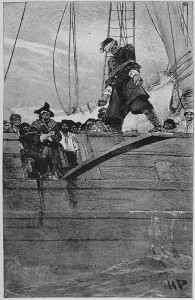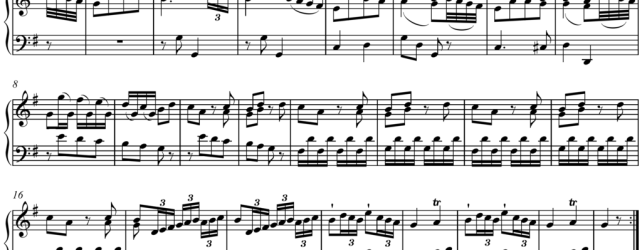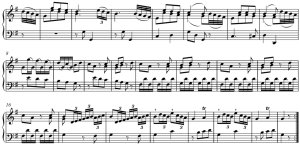 I’m at the edge of a gangplank once again, this time about to take the step of publishing The Hardness of the Heart. Before I step off, I feel the need to publish a fitting farewell to The People of the Sign.
I’m at the edge of a gangplank once again, this time about to take the step of publishing The Hardness of the Heart. Before I step off, I feel the need to publish a fitting farewell to The People of the Sign.
By definition a Coda must be distinct from the work that precedes it. This Coda is, as it was the intended foreword to the sequel, which by the way is creating waves, even before I take the proverbial step into the icy water below. As the blog at this link explains, I have been honored with a much better foreword, by Laura Urista, managing editor of the Plain Truth Magazine.
Naturally I hope you’ll pre-order The Hardness of the Heart, if you haven’t yet, but in the meantime, here is the Foreword I wrote that was left on the cutting room floor. With a small measure of pride, in that I was very pleased with the piece, and gratefully, given the role music has played in my life and my work, I present it here, as a fitting Coda to The People of the Sign. I hope you enjoy it.
From time to time, the journey that began in The People of the Sign has covered events such as a miraculous end to a high-speed chase or divine healing: evidence, to me, of God’s existence and involvement in my life. Yet they are not presented as an attempt to convince the reader. Divine intervention is, in my opinion, a deeply personal matter, not intended as a sign to others.
God is not interested in wowing humanity with indisputable signs of His Sovereignty. His creation is enough! But if He were, He would choose other ways to do so than the personal experiences documented in this book.
Nor is it my expectation that you read this account without questioning what I’m saying. One reason I’ve included names, dates and places is to provide the reader with as many relevant facts as I can, without negatively impacting the flow and readability of the story. Still, as objective as I might try to be, I’m telling a story and have selected the events and presented them from my perspective.
In doing so, I have endeavored not to embellish or exaggerate at any point. I attest to both the integrity of the story as a whole and the essential truthfulness of each detail. Subjective observations or speculations are identified as such, to allow the reader to proceed with a minimum of incredulity. Perhaps the reader will be able to maintain an open mind in the face of what must sometimes seem like an unbelievable set of circumstances, and remain objective enough to form an educated opinion on whatever has kept them reading this far.
Whatever you may hold of my stories about the 120-mph car chase; the supernatural result of anointing; the long, (I believe) Spirit-led escape from an incurable DNA-based chronic and crippling disease; or even my golf hypnosis story, they are included because to me they were undeniably real. I questioned them as they were happening and validated their actuality to my doubting-Thomas-style satisfaction. 1
I did so with a healthy dose of skepticism, based in my belief that God not only allows but commands us to “prove me now herewith.” 2
1. Thomas doubted that Christ had risen, and asked to put his finger in the hole in his side. He was given the chance to do so. The story is found in John 20:19-29.
2. Malachi 3:10.







